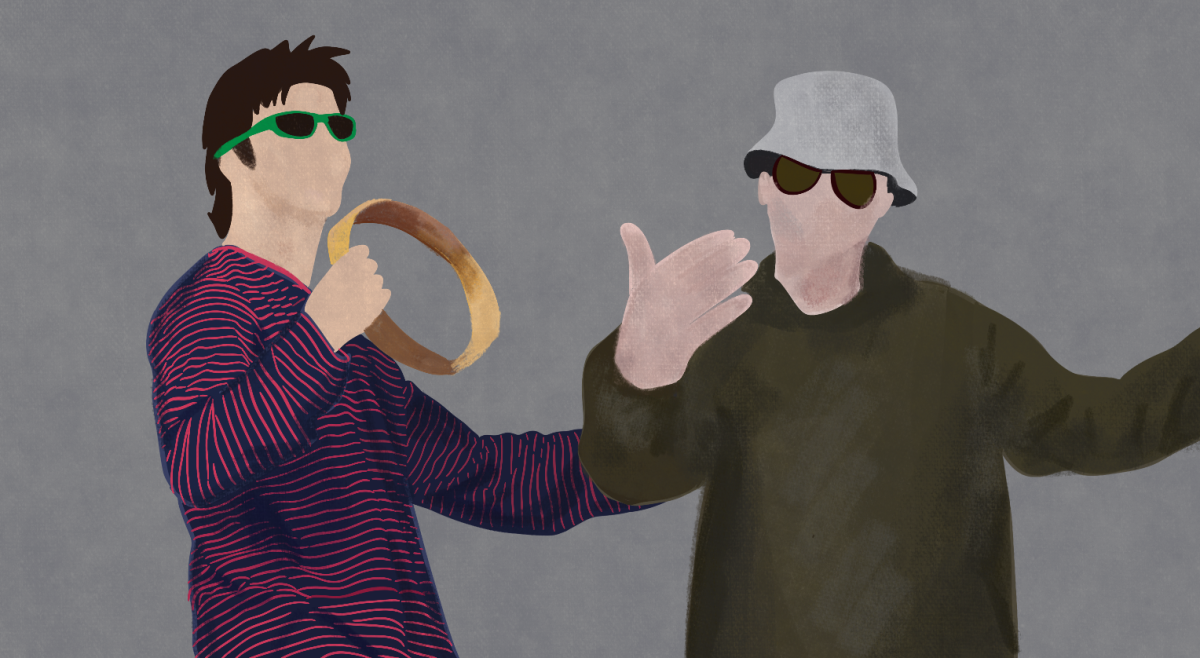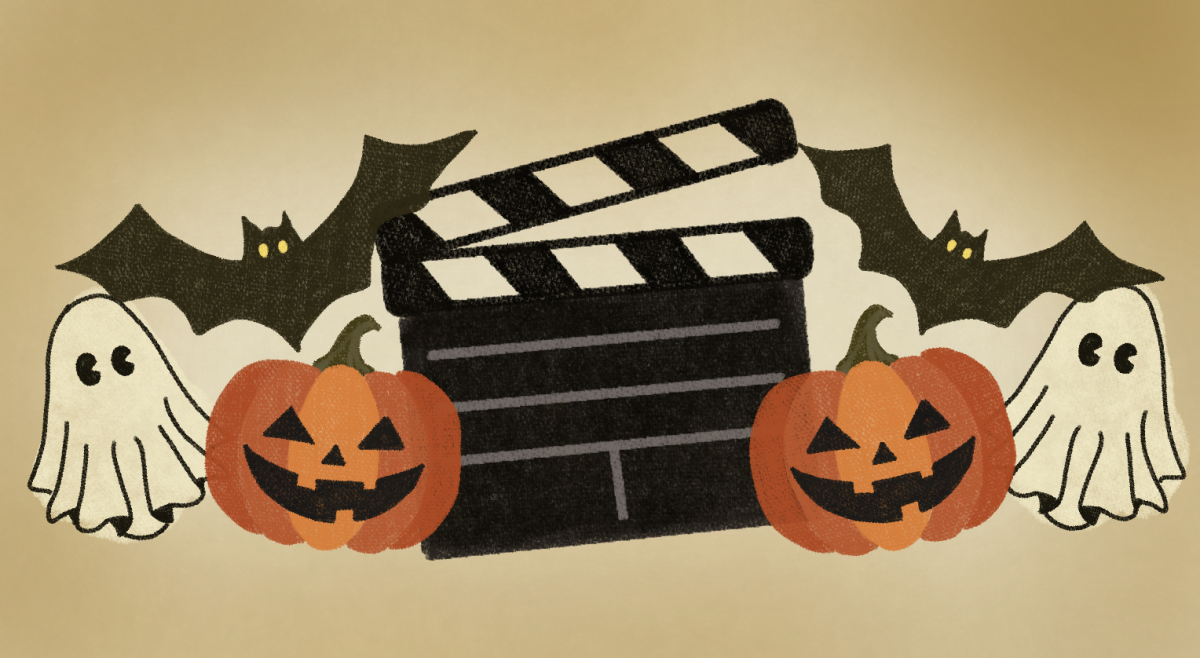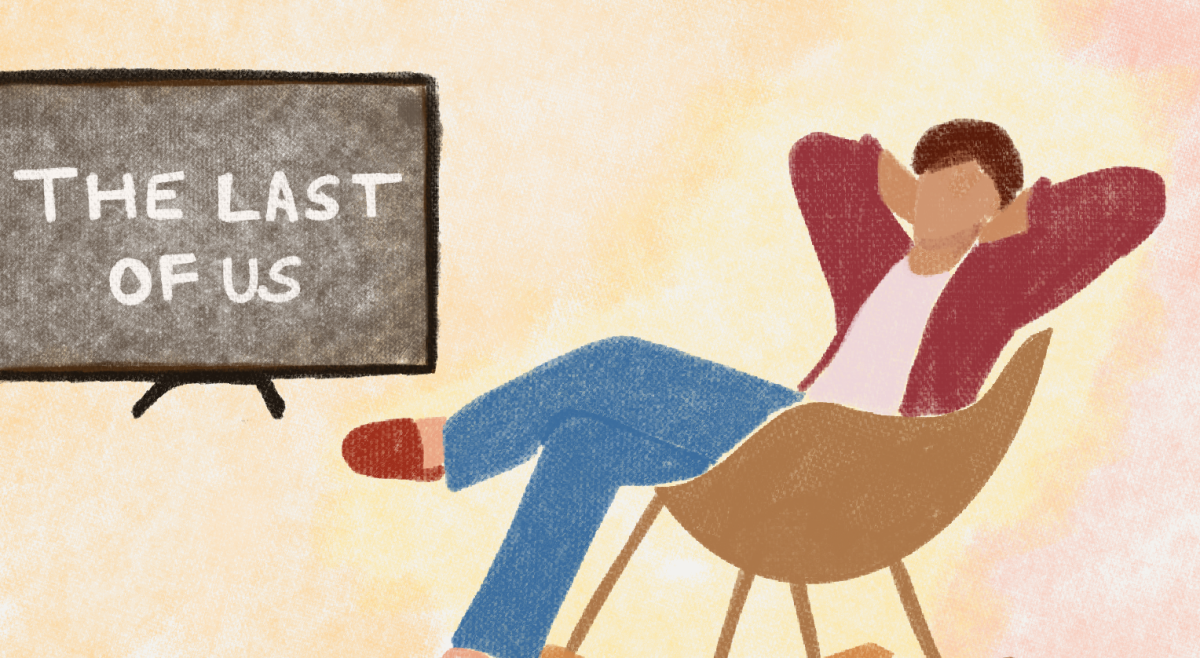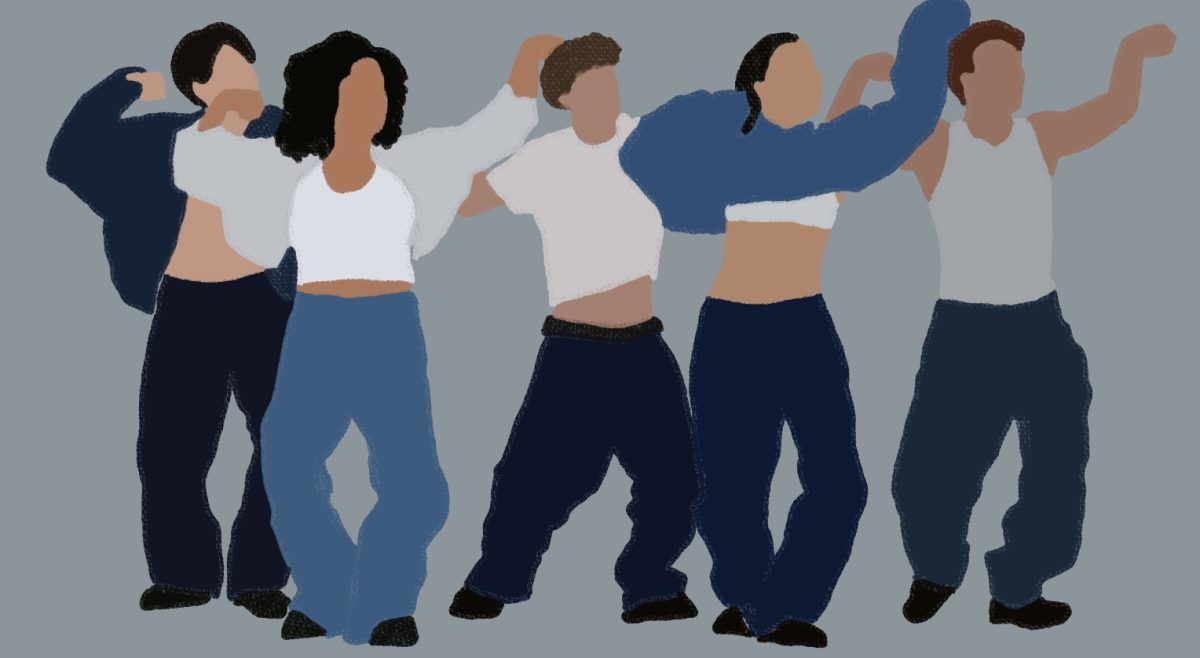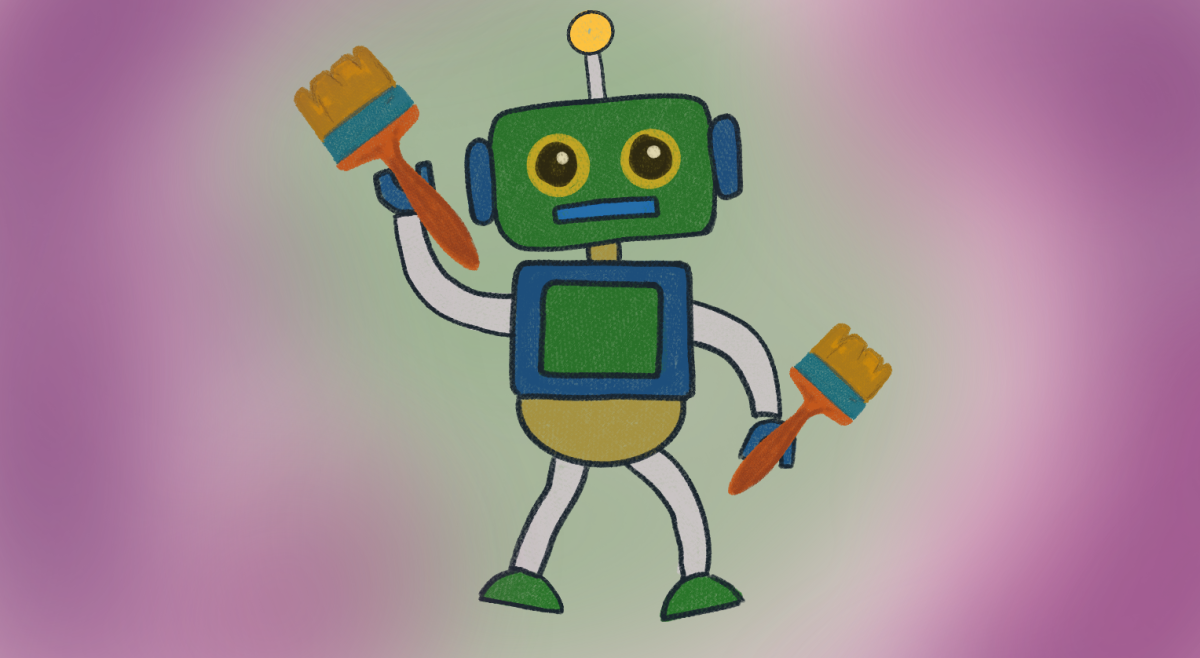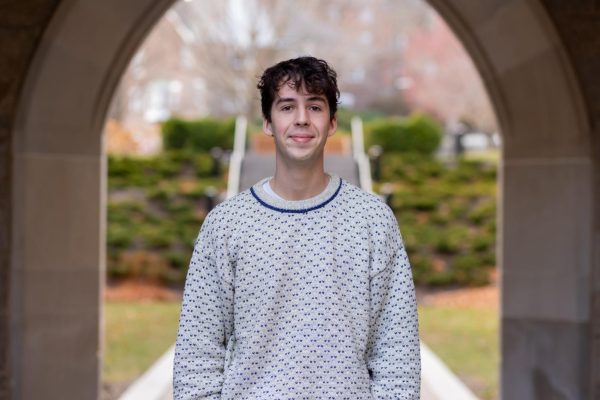Perhaps the biggest headline in music this year has been the reunion of Liam and Noel Gallagher. Better known as Oasis, the chaotic sibling duo hail from Manchester, England, and reached the peak of their popularity during the late ’90s. To fans’ dismay, they split up in 2009 and ceased to release music.
Strangely enough, a decade and a half later, they are selling out stadiums across both the UK and the United States on their 2025 reunion tour. Since their musical prime, songs like “Wonderwall” and “Champagne Supernova” have become cult classics, and as a result, they are now performing to an unprecedentedly large audience.
I personally watched Pulp—another figurehead of the Britpop era—perform at Suffolk Downs a couple of weeks ago, with lead singer Jarvis Cocker dispatching the same lanky, awkward moves as he did 30 years ago.
And while Pulp was fantastic, afterwards I found myself wondering why middle-aged men masquerading as their younger selves on stage are currently the face of rock and roll.
Oasis was once the face of subversive counter-culture. Frontman Liam Gallagher was one of the most unpredictable and problematic public figures we’ve ever seen, and people loved it—contrarians used to be able to draw crowds. Nowadays, our mainstream icons consist of vapid audience-pleasers like Drake and Taylor Swift.
Just days before Oasis kicked off their reunion tour in Cardiff, the punk rock band Bob Vylan made headlines for allegedly chanting “Death to the IDF” at Glastonbury. They were widely criticized in mainstream media and even accused of inciting terrorism.
Apparently, punk bands—which are anti-establishment by definition—being politically incorrect has become newsworthy. When did we get so culturally comatose?
During an interview with GQ in 1998, Liam said, “All these old farts, slagging us off—they’ll be dead and buried by the time we start getting senile and shitting in our pants … the quicker they f–king go, the better for everyone.”
We just don’t see artists talk like that today.
Young Liam was particularly sensitive to the criticism of “old farts” because that generation viewed Oasis as a sub-Beatles band with power chords. Which they are.
More importantly, I don’t think 26-year-old Liam would’ve expected, or even wanted, people to be turning up to see him perform at 53.
And while Liam has conceded to the popular taste with his reunion tour, he hasn’t stopped being quarrelsome. And with Blur not active enough for a musical rivalry, Liam has been forced to target a younger generation of artists.
Fontaines D.C. is an Irish post-punk rock band, and the latest group to feud with Oasis. They are a remarkable outlier in contemporary rock and roll, somehow managing to be both commercially successful and genuinely interesting.
The band properly entered the mainstream with their 2024 album Romance, which debuted at number two on the UK albums chart and received multiple Grammy nominations.
Off the back of the album’s success, the band spent the early part of this summer touring the United States, selling out shows from Seattle to New York, before moving on to Europe. The tour’s scale marks a significant moment in the band’s career—they are undoubtedly the most exciting thing to happen to rock music in a while, and people know it.
The band’s sound is wholly their own, with some of their earlier songs sounding more like spoken word than rock and roll. Their 2019 debut album, Dogrel, is named after the literary term doggerel, which refers to irregular poetry—it was adopted in Irish culture to describe the unrefined poetry of the working class.
The band has refused to remain stagnant, though, with each new album signifying a musical evolution. Their past two albums, Skinty Fia and Romance, are their most accessible yet, which explains their recent increase in global popularity.
While the band has changed stylistically—as lead singer Grian Chatten continues to improve vocally—their lyricism remains raw and poetic, with more recent songs incorporating the modes of surrealism and stream of consciousness.
Their dispute with Oasis began when they were asked about the reunion tour in an interview with Studio Brussel. Guitarist Carlos O’Connell simply said, “I couldn’t really give a shit, to be honest.”
This comment may seem unduly dismissive, but is there any reason why that shouldn’t be our collective reaction? Apparently, nostalgia can be quite compelling.
Even though O’Connell’s comment wasn’t exactly critical of Oasis, Liam loves a scrap. He fired back on X, saying, “F–k them little spunkbubbles I’ve seen better dressed ROADIES.”
Oasis may have once dreamed of musically surpassing bands like The Beatles and The Rolling Stones. Instead, they have a sibling rivalry for the ages and a grumpy frontman. For Fontaines D.C, this exchange begs the question: Can they supplant Oasis?
While it’s exciting to pit bands against each other, I don’t think there’s any bad blood between Oasis and Fontaines D.C. The nuance and charm of Liam’s insult might even indicate something other than hostility. A rapport in which the term “spunkbubble” is thrown around is almost endearing, and I reckon Liam sees a bit of himself in Fontaines D.C.

